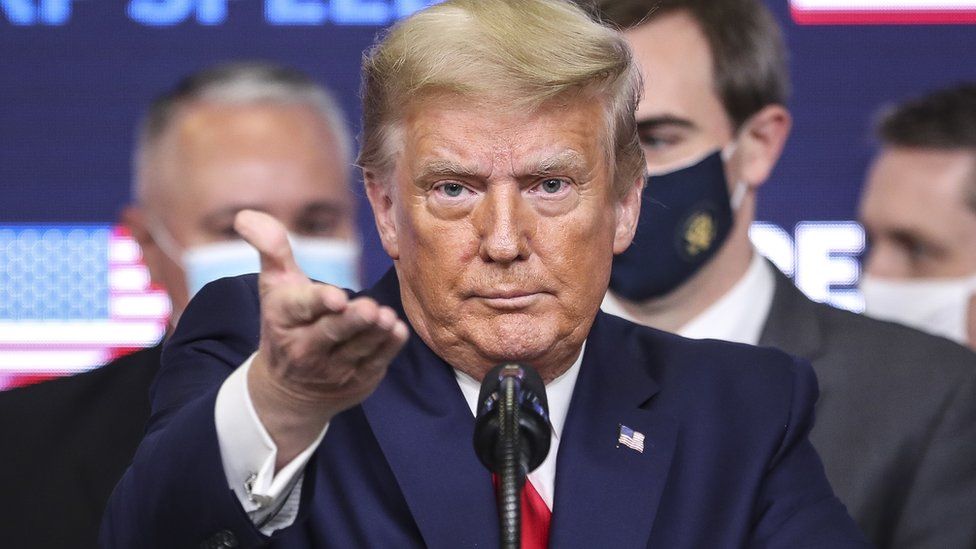For 45 years, they have been stateless. And now U.S. President Donald Trump says they should never have a state in the future.
Late on Thursday, news broke out that Morocco had agreed to normalize ties with Israel, a deal that many termed “historic.” And yes it is.
For many, this is a rare moment of an Arab country making peace with the only Jewish state. But for hundreds of thousands of Saharawis spread out in camps across Algeria, the deal was historic to them as well.
Under the terms of the new deal the White House said the US would recognise Morocco’s claim over Western Sahara.
In a phone call with the Moroccan King, Trump “reaffirmed his support for Morocco’s serious, credible, and realistic autonomy proposal as the only basis for a just and lasting solution to the dispute over the Western Sahara territory,” the White House said.
It added, “As such the president recognised Moroccan sovereignty over the entire Western Sahara territory.”
With the policy shift, the U.S. becomes the first western country to recognize Morocco’s occupation of Western Sahara, something that the United Nations and African Union deem “illegal under international law.”
Western Sahara gained independence from Spain in 1975, but freedom and sovereignty was short-lived as the country was invaded by Morocco which annexed 75% of the territory displacing more than 100,000 people in the process.
Since then most Saharawis have grown up stateless in camps in Algeria, as Morocco sent its citizens to the country to repopulate the territories they left behind.
Through its military occupation, Morocco has exploited the mineral rich Western Sahara, home to the largest phosphates deposits in the world.
Morocco says it has always been part of its territory, while the African Union recognises it as an independent state.
A 16-year-long insurgency ended with a UN-brokered truce in 1991 and the promise of a referendum on independence, which has yet to take place.Responding to the latest announcement, Sidi Omar, the Polisario Front’s representative to the UN, said Western Sahara’s “legal status is determined by international law and UN resolutions”.
“The move shows that Morocco’s regime is willing to sell its soul to maintain its illegal occupation of parts of Western Sahara,” he wrote on Twitter.
Oubi Bchraya, a representative of the Polisario Front, called the U.S. decision “strange but not surprising,” while vowing the group would continue its struggle.
“This will not change an inch of the reality of the conflict and the right of the people of Western Sahara to self-determination,” Bchraya said.

